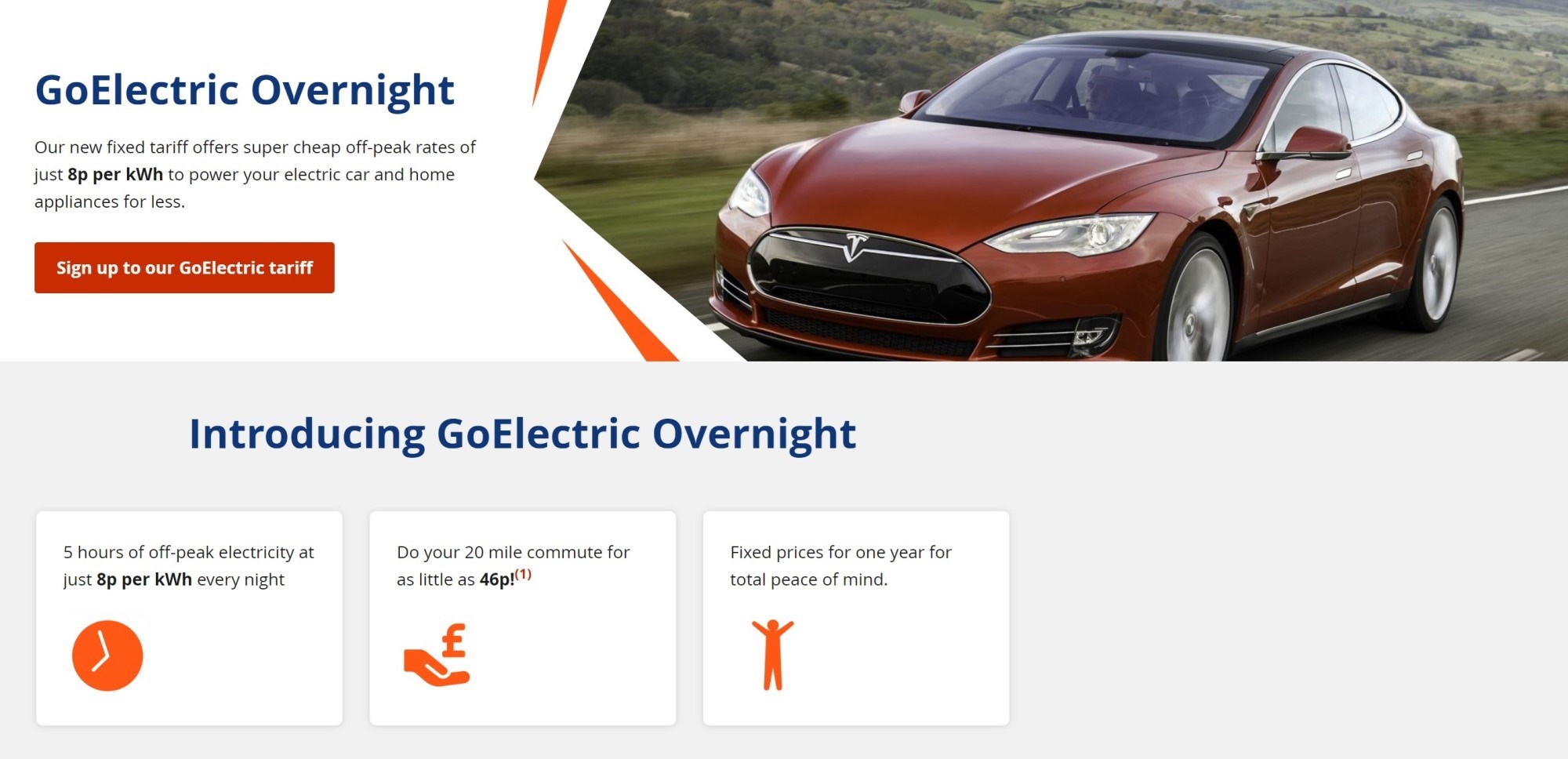Absolutely! Let’s craft a comprehensive 3000-word article about EDF’s electric car tariffs, structuring it with `
` and `
` tags for clarity and readability.
Electric vehicles (EVs) are rapidly gaining popularity, and with this surge comes the need for specialized energy tariffs that cater to the unique charging requirements of these vehicles. EDF, a major energy provider, offers a range of tariffs designed to make EV charging more affordable and convenient. This article will explore EDF’s electric car tariffs in detail, examining their features, benefits, and how they can help you optimize your EV charging experience.
Understanding the Basics of EV Charging and Tariffs
The Importance of Dedicated EV Tariffs
Electric vehicles require significant amounts of energy to charge, particularly when using rapid chargers. Standard domestic energy tariffs often aren’t optimized for this level of consumption, leading to higher costs and potential strain on the grid. Dedicated EV tariffs, like those offered by EDF, address these issues by providing:

Off-peak charging rates: Lower prices during specific periods, typically overnight, when demand is lower.
Key Factors Influencing EV Tariff Choices
When choosing an EV tariff, several factors should be considered:
Driving habits: How often and how far do you drive?
EDF’s Electric Vehicle Tariffs: A Comprehensive Overview
EDF offers several tariffs designed to cater to different EV charging needs. Here’s a detailed look at some of their key offerings:
EDF GoElectric 35
Key Features
This tariff is designed for those who can shift a large proportion of their charging to off-peak hours.
Benefits
Significantly reduced charging costs during off-peak hours.
Considerations
You must be able to charge during the specified off-peak hours to maximize savings.
EDF GoElectric 98
Key Features
Designed for customers who need more flexible off-peak charging times.
Benefits
Greater flexibility in charging schedules.
Considerations
The off-peak discount may be slightly less than the more restricted off-peak tariffs.
EDF Drive EV Exclusive
Key Features
This tariff aims to provide fixed cost electric charging.
Benefits
Predictable charging costs.
Considerations
May not offer the same level of savings as time-of-use tariffs.
Smart Charging and EDF’s Technology Integration
The Role of Smart Meters in EV Charging
Smart meters are essential for utilizing EDF’s EV tariffs effectively. They provide real-time data on energy consumption, enabling accurate billing and facilitating time-of-use pricing. Smart meters also allow for:
Remote reading: Eliminating the need for manual meter readings.
Smart Chargers and EDF’s Compatibility
EDF’s tariffs are often compatible with smart chargers, which offer advanced features like:
Remote control: Allowing you to start and stop charging from your smartphone.
EDF’s Mobile App and Energy Management
EDF’s mobile app provides tools to manage your energy consumption and track your EV charging costs. Key features include:
Real-time energy usage monitoring.
Maximizing Savings and Efficiency with EDF’s EV Tariffs
Strategies for Optimizing Charging Habits
To maximize savings with EDF’s EV tariffs, consider these strategies:
Prioritize off-peak charging: Charge your EV overnight or during designated off-peak hours.
Understanding Off-Peak Hour Variation
It is important to understand that off peak hour times can change. It is advisable to fully understand the current off peak hours, and keep up to date with notifications from EDF.
Long-Term Cost Savings and Environmental Benefits
Adopting an EDF EV tariff offers both financial and environmental benefits:
Reduced energy costs: Off-peak charging and smart charging can lead to significant savings.
Future Trends and Developments in EV Charging
Vehicle-to-Grid (V2G) Technology
Vehicle-to-grid (V2G) technology allows EVs to discharge energy back into the grid, providing a valuable resource for balancing supply and demand. EDF is exploring V2G capabilities and their potential to further optimize EV charging.
Wireless Charging and Autonomous Charging
Wireless charging and autonomous charging are emerging technologies that promise to revolutionize EV charging. These technologies could make charging even more convenient and efficient.
Integration with Smart Home Systems
The integration of EV charging with smart home systems will enable seamless energy management. This could include automatically adjusting charging schedules based on home energy demand and renewable energy availability.
Conclusion: EDF’s Role in Shaping the Future of EV Charging
EDF is playing a crucial role in shaping the future of EV charging by offering innovative tariffs and integrating advanced technologies. By understanding the features and benefits of EDF’s EV tariffs, EV owners can optimize their charging experience, reduce costs, and contribute to a sustainable transportation sector. As technology continues to evolve, EDF will remain at the forefront of providing smart and efficient EV charging solutions.



